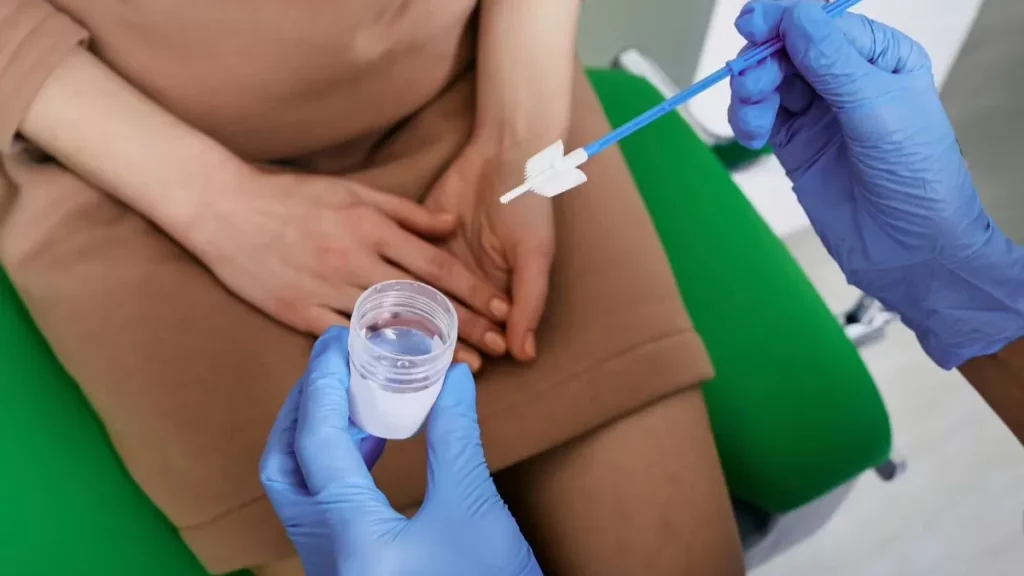
Pap Tests to Gene Testing: 5 Cancer Screening Tests That Every Woman Should Undertake
One of the ways to detect cancer early is by undergoing regular screenings. There are different types of tests that one can get done that can help understanding the risks and in early diagnosis. Here are some cancer screening tests that every woman should undertake.
Why Cancer Screening Matters for Women
Cancer cases are increasing rapidly, with reports suggesting a significant increase in cancer incidence among women, particularly those under 50. The most common cancers among women are breast cancer, followed by cervical cancer, ovarian cancer, uterine cancer and lung cancer. In most cases, cancer is detected at a later stage, which eventually makes treatment difficult and the outcome is not very good.
5 Key Cancer Screening Tests for Women
One of the ways to detect cancer early is by undergoing regular screenings. There are different types of tests that one can get done that can help understanding the risks and in early diagnosis. Here are some cancer screening tests that every woman should undertake.
Pap Test (Pap Smear)
This test is for cervical cancer screening. It is recommended that women undertake this every 3 years starting at age 21; co-testing with HPV test every 5 years after age 30. The Pap test detects precancerous or cancerous cells on the cervix. Early detection through regular screening can significantly reduce the risk of cervical cancer.
HPV Test
This test is for the high-risk types of Human Papillomavirus (HPV) that cause cervical cancer. It should be done alongside the Pap test (co-testing) starting at age 30. Persistent HPV infection is the leading cause of cervical cancer. This test can help identify those at higher risk even before abnormal cells develop.
Mammogram
This test is done for breast cancer. One should take it every 1–2 years starting at age 40 (or earlier with risk factors). A mammogram is an X-ray of the breast that can help detect tumours before they are felt. Early detection improves treatment outcomes.
BRCA1 and BRCA2 Gene Testing
This test is done for genetic mutations which are linked to a higher risk of breast and ovarian cancers. You should take this test if you have a strong family history of breast, ovarian, or related cancers. Women with BRCA mutations have a significantly increased risk. Knowing your genetic status can allow you to take preventive steps.
Endometrial (Uterine) Cancer Evaluation
This screening is usually done for endometrial cancer. One should take this test after menopause if abnormal bleeding occurs or they have a risk factors like obesity or a family history.